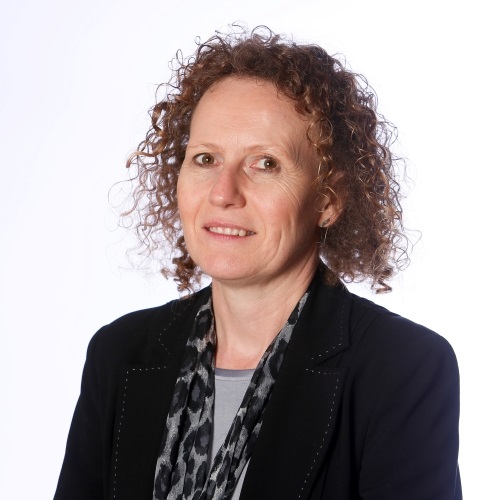Young women increasing risk of cervical cancer due to attitudes to screening and lack of knowledge
Posted 4th February 2016

Half of women aged 25 – 34 wait up to a year to book smear test, whilst 11 per cent don’t book the test at all
Women in their 20s and 30s are putting themselves at unnecessary risk of developing cancer which goes undetected, according to statistics from a survey carried out for The Clatterbridge Cancer Centre NHS Foundation Trust, released to mark World Cancer Day (4th February 2016.)
Researching attitudes towards cervical cancer screening, The Clatterbridge Cancer Centre-commissioned survey found that fewer than four in ten women aged 25 - 34* (39 per cent) book their smear test as soon as they receive the invitation. Half of women in the same age group (50 per cent) wait up to a year before booking their appointment and a worrying 11 per cent of these women ignore the letter altogether and do not book their smear test at all.
According to experts, the five-year survival rate for women with cervical cancer is 96 per cent, when the cancer is presented at its earliest stage, stage one**. The Clatterbridge Cancer Centre’s data shows that nationally, 61 per cent of women understand that the earlier cancer is detected, the easier it is to treat, but in this 25- to34-year-old bracket, only 39 per cent of women were aware of this fact, perhaps explaining why booking their smear test is not seen as a priority.
Dr Karen Whitmarsh, consultant in clinical oncology and specialist in gynaecological cancers at The Clatterbridge Cancer Centre, said: “Awareness of cancer screening programmes is not where it should be, particularly cervical screening. In the six months after Jade Goody’s death in 2009, statistics from the National Cancer Intelligence Network*** showed that awareness of cervical screening peaked and we were seeing more women for tests, which resulted in more cases of early diagnosis. Sadly, that awareness has reduced again as cervical cancer hits the headlines less, and as these new figures show, young women are again missing opportunities to potentially save their lives.”
The Clatterbridge Cancer Centre’s research also found that as women get older, they tend to book their smear test in a timelier manner.
Percentage of women who book their smear test immediately after receiving their reminder notice, age breakdown:
- 25 – 34 years old: 39 per cent book their smear test straight away
- 35 – 44 years old: 45 per cent book their smear test straight away
- 45 – 54 years old: 48 per cent book their smear test straight away
- 55 – 64 years old: 61 per cent book their smear test straight away
- 65+ years old: 65 per cent book their smear test straight away
The Clatterbridge Cancer Centre also discovered regional variations in women’s attitudes towards cervical screening, with a quarter of all women in the South West of England (25 per cent) admitting that they would ignore the letter altogether.
Percentage of women who do not book their smear test, ignoring the letter altogether, UK regional breakdown:
- South West England: 25 per cent ignore their smear test reminder
- Wales: 15 per cent ignore their smear test reminder
- Scotland: 14 per cent ignore their smear test reminder
- Central England: 11 per cent ignore their smear test reminder
- South East England: 10 per cent ignore their smear test reminder
- Northern England: 9 per cent ignore their smear test reminder
- Northern Ireland: 8 per cent ignore their smear test reminder
- Republic of Ireland: 7 per cent ignore their smear test reminder
Dr Karen Whitmarsh, consultant in clinical oncology and specialist in gynaecological cancers at The Clatterbridge Cancer Centre, added: “It’s really worrying that women are not prioritising their smear test, either waiting too long to book it, or ignoring the test altogether. In the age of programmes like Embarrassing Bodies, the perception is that we’re all open to talking about intimate issues, but these statistics show that isn’t the case. When women can overcome their embarrassment and nerves about discussing these conditions, experts will be able to diagnose conditions such as cervical cancer earlier and ultimately save more lives.”
74% of women nationally have heard of cervical cancer, but only 14% feel confident that they would recognise its signs and symptoms.
Notes:
The Clatterbridge Cancer Centre carried out an independent study of 2,010 UK consumers, conducted by The Leadership Factor in December 2015
*Where women were not part of the screening programme, for age or other reasons, they were asked, ‘how long would you wait’ or ‘how long did you wait.’
** http://www.cancerresearchuk.org/health-professional/cancer-statistics/statistics-by-cancer-type/cervical-cancer/survival#heading-Three
*** http://www.ncin.org.uk/publications/data_briefings/cervical_incidence_and_screening
